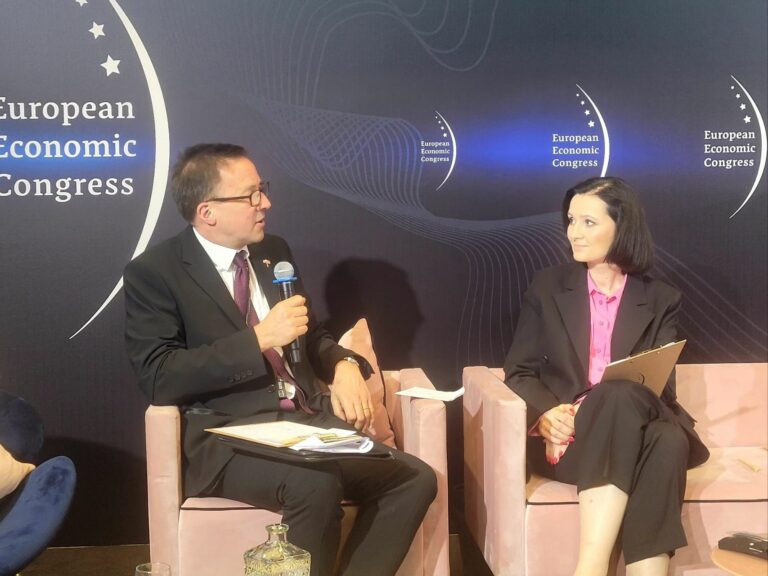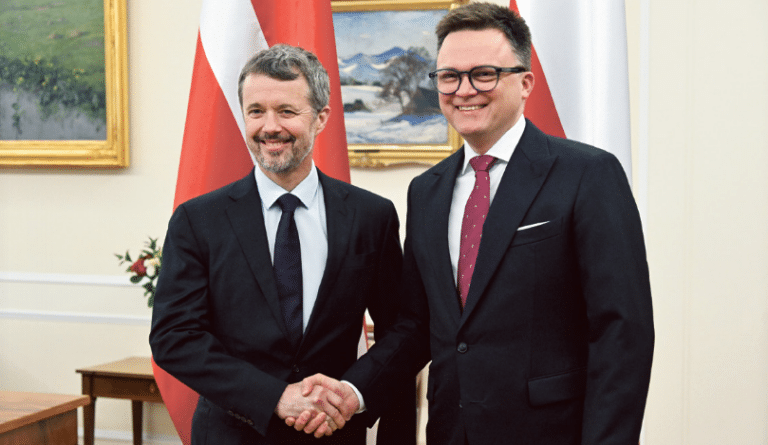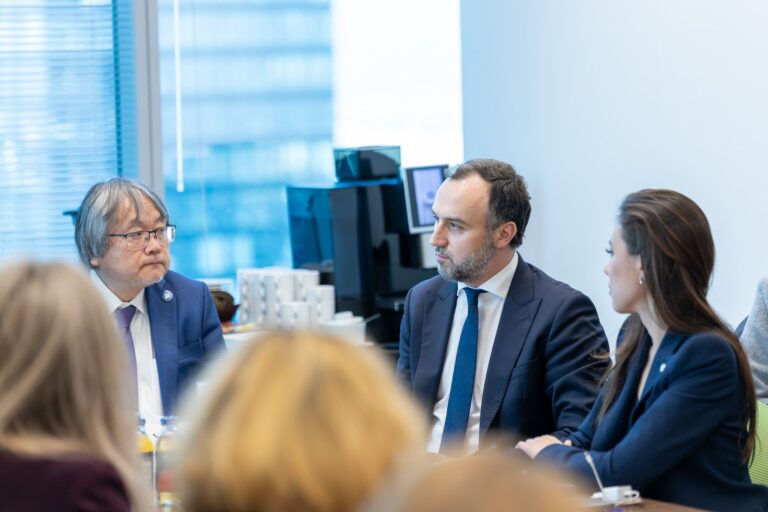Moody’s confirms Poland’s rating at A2
Moody’s confirmed Poland’s long-term foreign currency rating at the “A2” level, and its outlook remains stable, the agency said in a statement.
The stable rating outlook is supported by the significant improvement in relations with the EU since the change of government in December 2023. “In addition to unlocking significant EU funds, this has already led to the depoliticization of public media. In addition, the government has presented an action plan aimed at restoring the independence of the judiciary and the rule of law. However, given the antagonistic relationship between President Duda and Prime Minister Tusk’s government, Moody’s expects only limited progress in reforms aimed at fully restoring the independence of the judiciary, at least until the presidential elections in mid-2025,” it said.
The stable rating outlook is additionally supported, in the agency’s opinion, by Poland’s limited susceptibility to the risk of events in areas other than geopolitical risk. “The Polish banking sector is well capitalized and its profitability should benefit from the expected increase in economic activity. The potential impact of legal risk associated with Swiss franc mortgage loans has been limited by high reserves, and given the moderate size of the financial system, Moody’s sees limited risk from contingent liabilities for the government,” it was reported.
According to Moody’s, solid market access supports the government’s ability to finance its borrowing needs, while external liquidity risk is limited. Moody’s also notes in the report that Poland is exposed to the risk of geopolitical events in connection with the war in Ukraine. However, this risk is limited by Poland’s membership in the EU and NATO, as well as the presence of NATO troops.
“As mentioned, defense spending has been rising over the past few years and reached approximately 4% of GDP in 2023, with Poland spending well above NATO’s target of 2% and more than any other NATO member relative to GDP. Moody’s expects defense spending to remain at current levels for the foreseeable future because there is strong political and social consensus,” it said.
“Moody’s views an open military conflict involving NATO as a very low probability but potentially very high impact scenario. While Poland is more vulnerable to more unconventional or hybrid forms of attack, such as cyberattacks, they themselves are much less likely to have a significant negative impact on Poland’s credit profile than conventional military attacks,” it added.
Among the three largest rating agencies, Poland’s creditworthiness is assessed highest by Moody’s – at the “A2” level. Poland’s rating according to Fitch and S&P is “A-“, one level lower than Moody’s. The outlook for all ratings is stable. Fitch and S&P plan to review Poland’s rating on May 10. The next dates of reviews planned for this year are September 20 by Moody’s and November 8 by Fitch and S&P.







